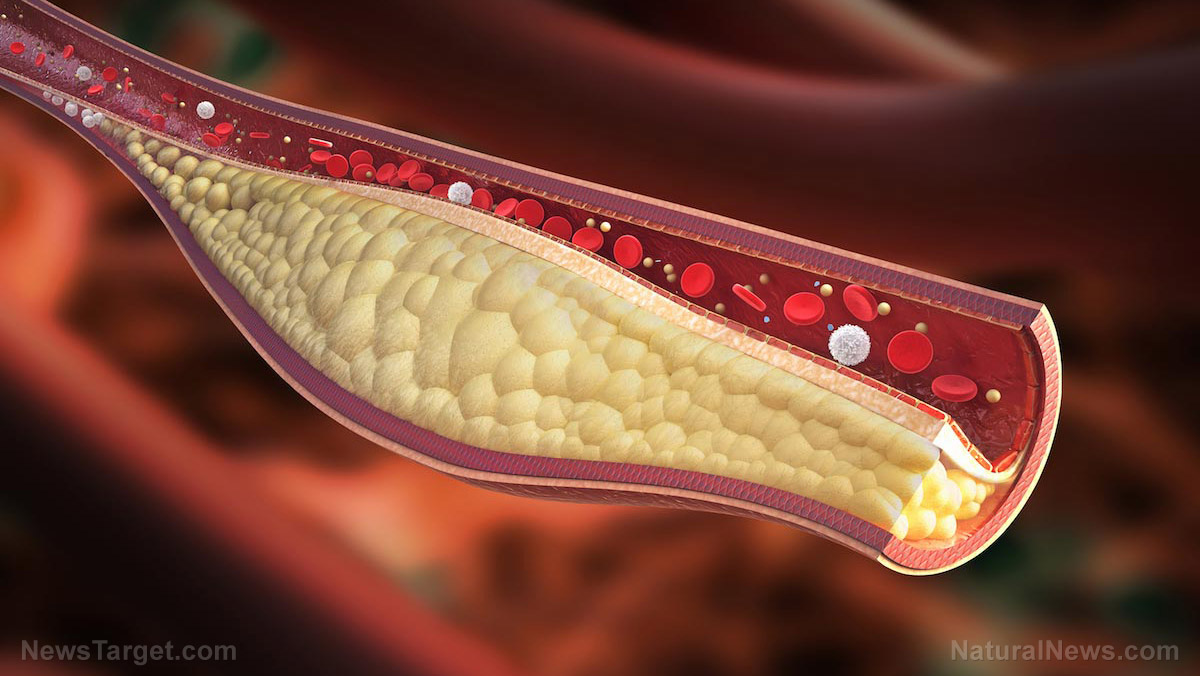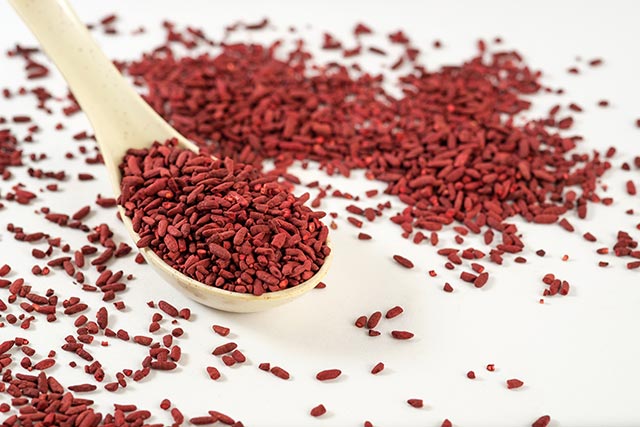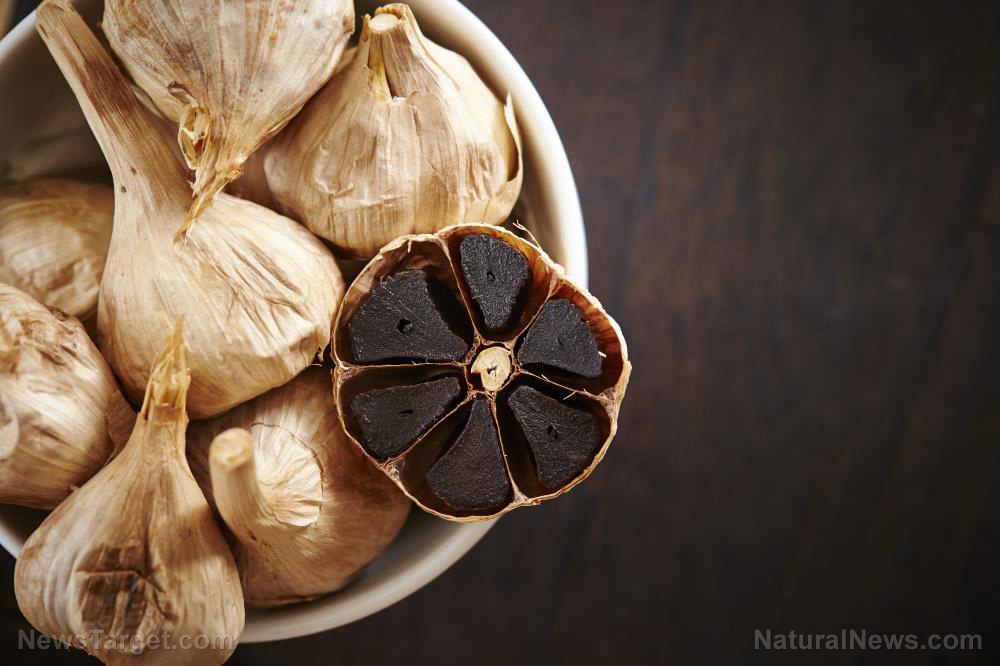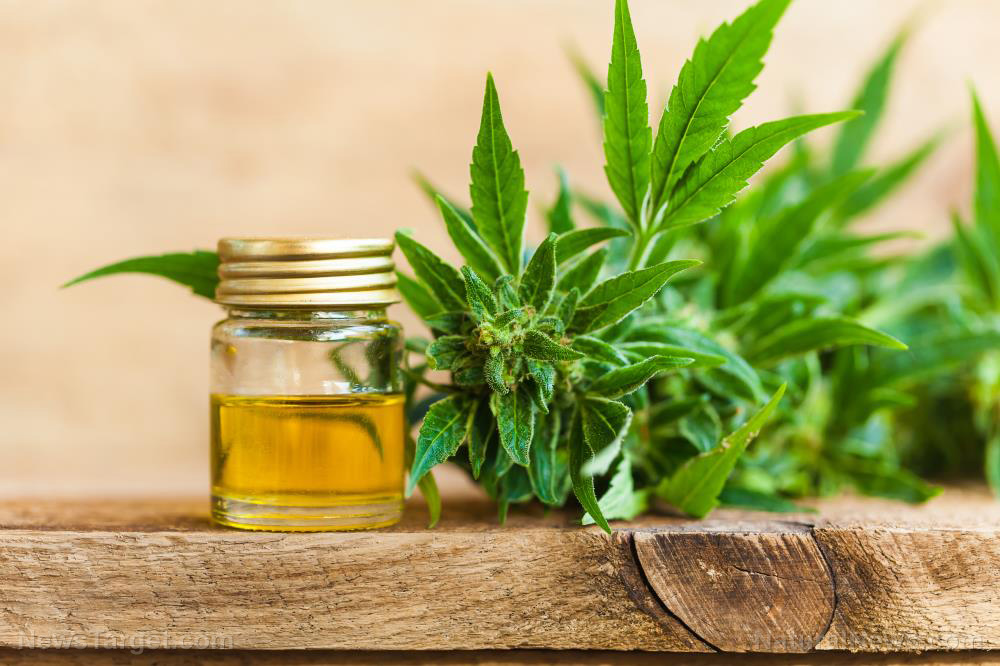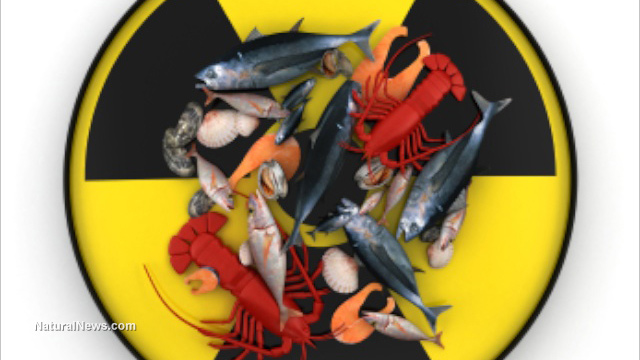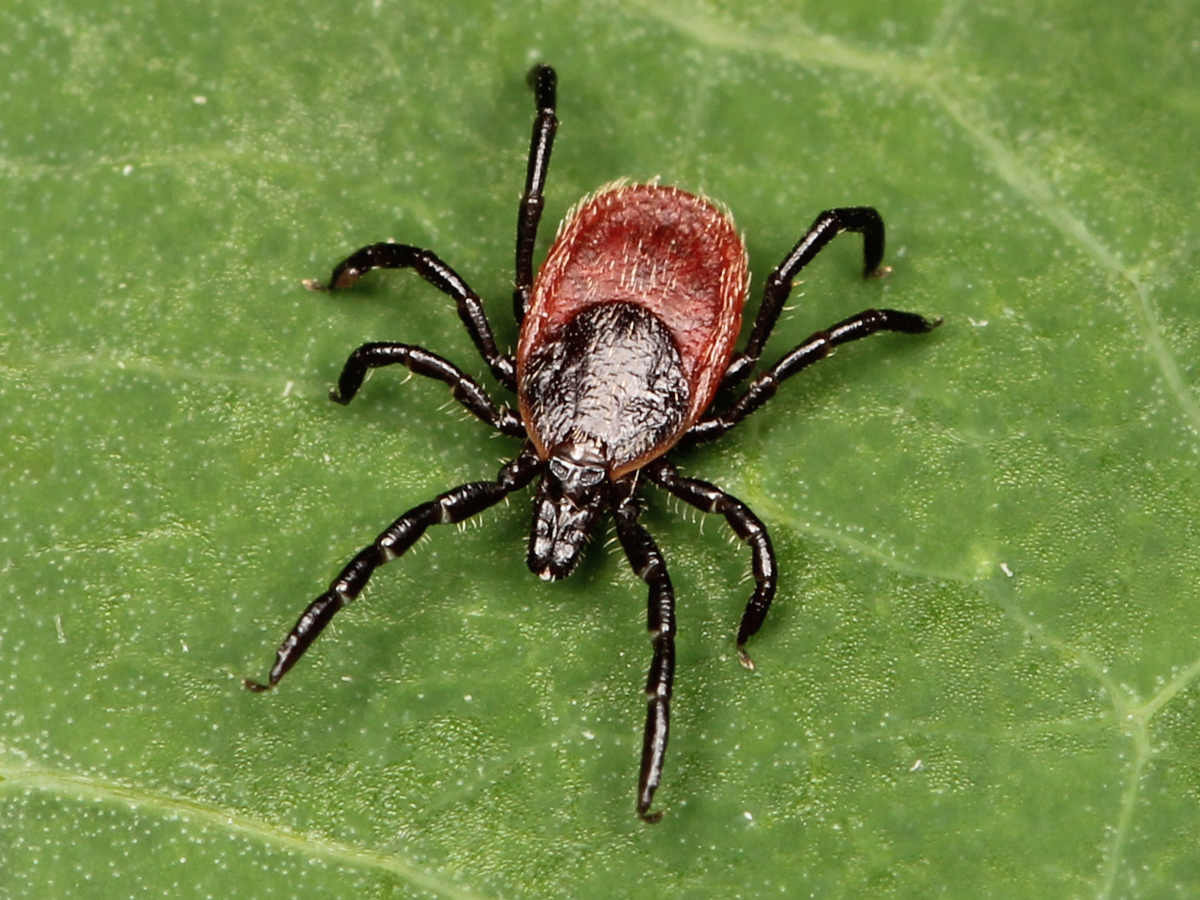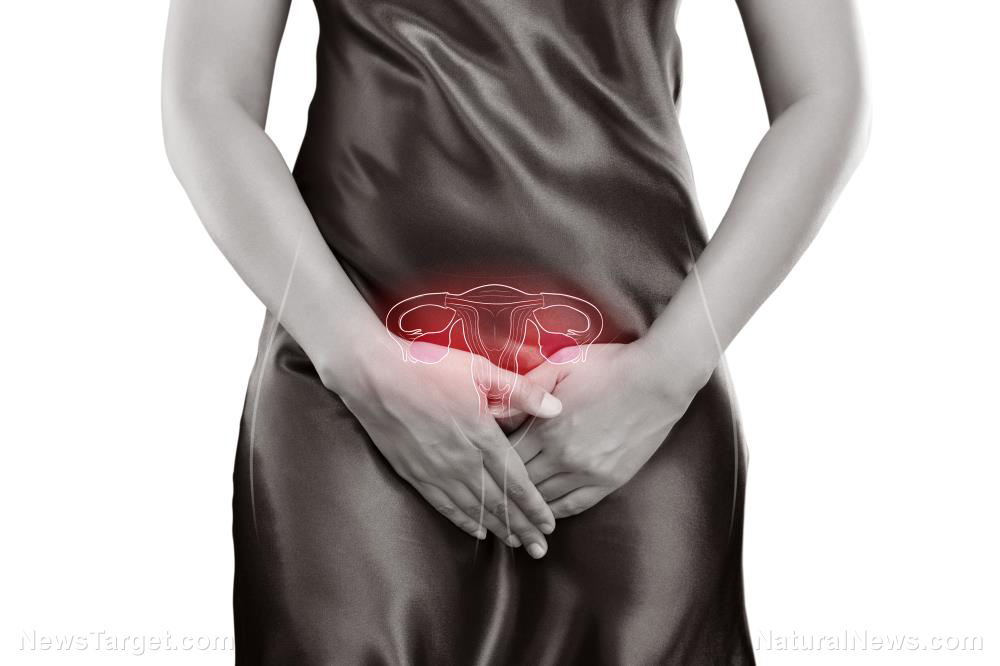Ginkgo biloba and Sophora japonica found to have antagonistic effects on cerebral vasoconstriction
06/11/2019 / By Evangelyn Rodriguez
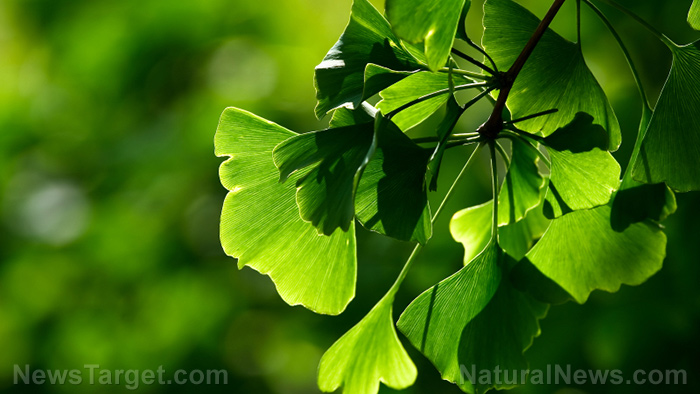
In this study, researchers from Kagoshima University in Japan and Vietnam National University of Agriculture evaluated the antagonistic effects of Ginkgo biloba (GB) and Sophora japonica (SJ) on cerebral vasoconstriction in response to KCl, extracellular Ca2+, histamine, 5-hydroxytryptamine (5-HT), 9,11-dideoxy-9alpha,11alpha-methanoepoxy prostaglandin (PG) F2alpha(U46619), and bradykinin (BK). The results of their study, which explain the traditional application of these plants in the treatment of diseases associated with cerebral vasospasm, were published in The American Journal of Chinese Medicine.
- The researchers used endothelial cells taken from isolated porcine basilar arteries for the study. They also used leaf extracts from GB and flower bud extracts from SJ.
- They reported that neither SJ nor GB had any effect on contractions induced by KCl and extracellular Ca2+, but SJ significantly inhibited the contraction induced by histamine, 5-HT, U46619, and BK.
- GB also inhibited histamine-induced contraction but did not have any effects on contractions induced by 5-HT, U46619, and BK.
- Addition of diphenhydramine (a H1 receptor antagonist), ketanserin (a 5-HT2 receptor antagonist), and ONO-3708 (a thromboxane (TX) A2/PG receptor antagonist) negated the inhibitory effects of SJ and GB.
- The researchers observed that SJ significantly inhibited the contractions induced by BK and PGF2alpha, except in the presence of ONO-3708 (10?5 M).
- They also found that BK enhanced the production of PGF2alpha from cultured PBA endothelium cells, but SJ significantly attenuated this enhancement.
The researchers concluded that SJ and GB have a H1-antagonistic effect, with SJ also having the ability to attenuate cerebral vasoconstriction mediated via 5-HT2 and TXA2/PG receptors, which may be why SJ has been used traditionally as a therapeutic medication for cerebral vasospasm after cerebral hemorrhage.
Journal Reference:
Nguyen HTT, Nguyen HT, Islam MZ, Obi T, Pothinuch P, Nguyen TV, Nguyen TM, Dao CV, Shiraishi M, Miyamoto A. ANTAGONISTIC EFFECTS OF GINGKO BILOBA AND SOPHORA JAPONICA ON CEREBRAL VASOCONSTRICTION IN RESPONSE TO HISTAMINE, 5-HYDROXYTRYPTAMINE, U46619 AND BRADYKININ. The American Journal of Chinese Medicine. 2016;44(08):1607–1625. DOI: 10.1142/s0192415x16500907
Tagged Under: alternative medicine, blood vessels, brain health, cardiovascular health, cerebral hemorrhage, cerebral vasoconstriction, cerebral vasospasm, cognitive health, disease treatments, ginkgo biloba, herbal medicine, Herbs, natural cures, natural medicine, prevention, remedies, research, Sophora japonica, TCM, traditional Chinese medicine






